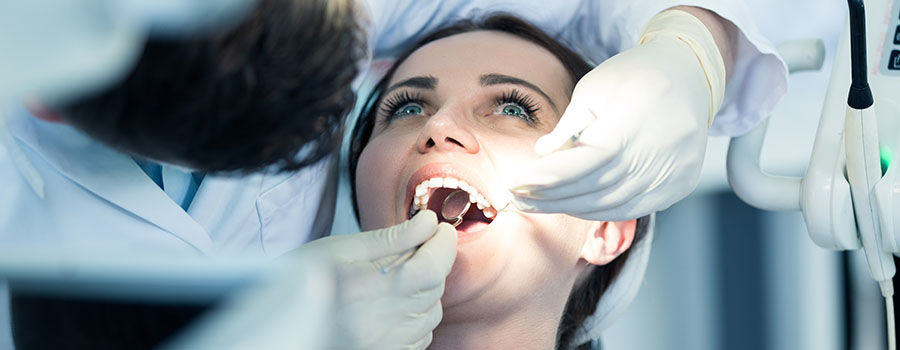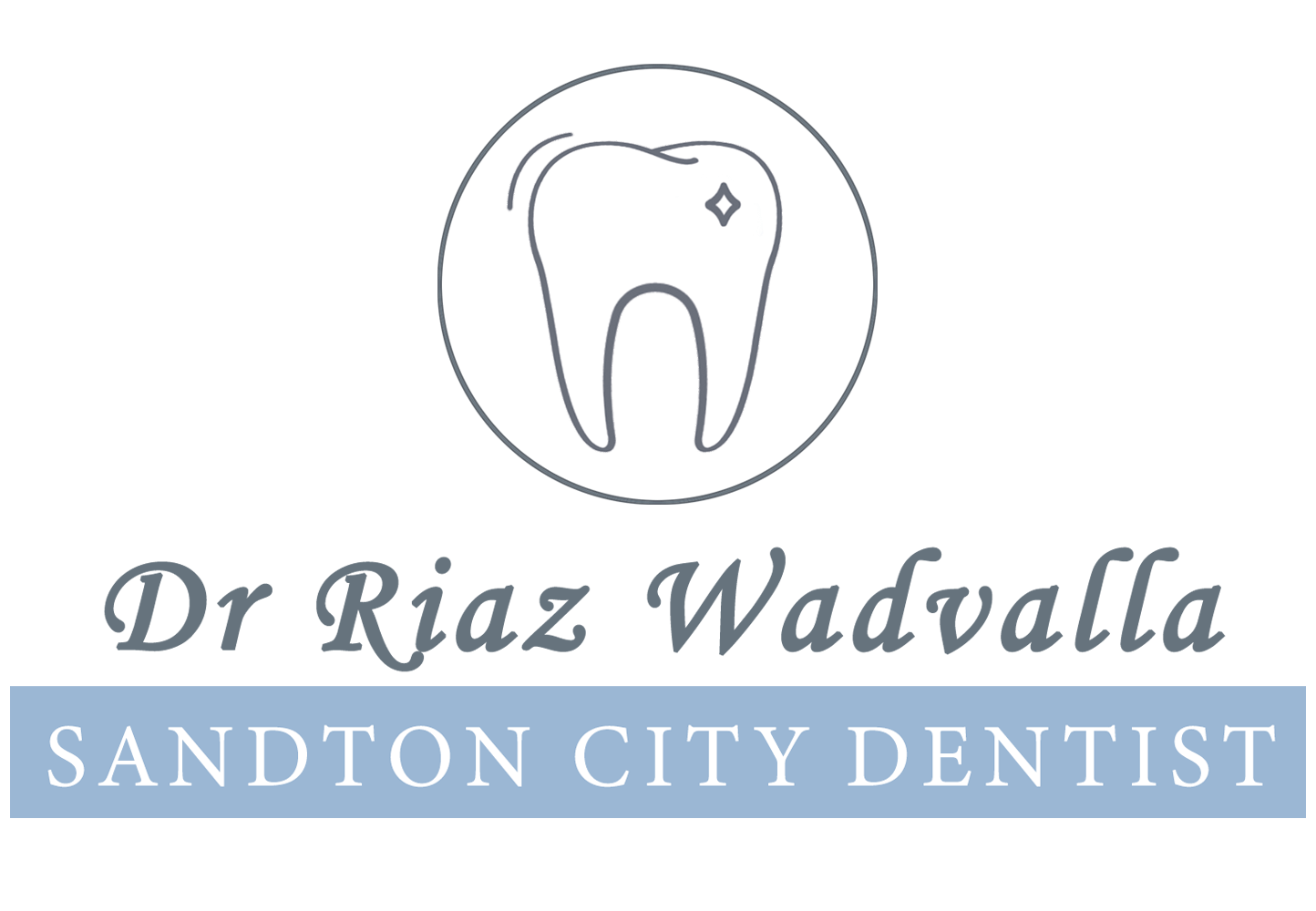
Restorative Dentistry
Restorative dentistry is a speciality that focuses on managing and rehabilitating the function and aesthetic needs of your teeth. Restorations ensure that your health is not compromised by preventing problems from developing further. Your overall health is the primary focus when it comes to the health of your teeth and oral tissues. No person is the same, and that goes for your oral health needs as well.
All restorations and maintenance needs will be designed to fit you. Standard dental examinations take place every six months for most people, which includes routine deep cleaning. This biannual check-up is vital because it gives your dentist the opportunity to monitor known dental issues, and look for any potential issues that may need to be addressed. You are unlikely to identify problems that need rehabilitation if you have not had a standard dentist visit.
Procedures that can be considered restorative dentistry
- Dental crowns made from various materials
- Teeth fillings
- Tooth Extractions
- Orthodontic treatments
Types of dental restorations
Indirect :
Customised tooth replacements such as crowns, inlays and onlays all constitute as indirect restorative dentistry solutions. They are designed to restore the surface of a tooth for better functionality without compromising the natural structure and shape of the surface. Crowns, inlays and onlays can be made from gold, porcelain and composite resin materials. The kind of material used will depend on your individual needs.
Direct :
Direct restorations require the minimum manufacturing of the materials, so these restorations are normally completed in a single dentist visit. Dental fillings are used to fill in cavities in the teeth and will normally be used for teeth that are subjected to less pressure when chewing on foods. There are a variety of filling materials that can be used. After you have your initial diagnosis, your dentist will select the dental filling material based on the location and type of cavity.
When should I call my dentist?
There rarely are symptoms of concern after restorative dental procedures. However, there are cases when you might need to contact your dentist if you experience the following symptoms at least 24 hours post your procedure.
- Fever
- Severe bleeding of the gums
- Severe pain that does not go away after 24 hours
- Biting down on the lips due to numbness

